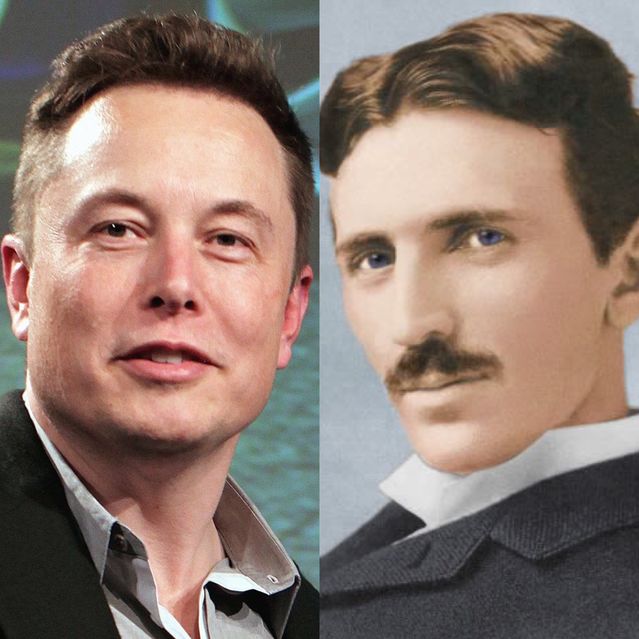Creativity
The Style of Innovation: Elon Musk vs. Nikola Tesla
The voices of change may be more fragile than you think.
Posted July 17, 2017

Quick, name an innovator?
Yep, that's correct. Elon Musk commonly comes up as a one of today's top innovative minds.
And we also tend to reference some of Musk's traits as a group of "must have" qualities that drive everything from job hires to accelerators. The list quickly comes to mind.
- Bold
- Driven
- Aggressive
- Dynamic
- Charismatic
In fact, a profile from 2015 writes that Musk's first wife describes his personality as obsessive and referred to him "The Terminator."
That list goes on and on expressing an almost "take no prisoners" attitude. It seems that we associate leadership with a certain degree of extroversion. And perhaps, we sometimes place less focus on intellect and more of chest-pounding bravado as an indicator of innovative leadership. I wonder if that really applies to innovation today. Is discovery all about that bold leader taking command of a company or idea and driving toward victory?
I'm getting ahead of myself. Let's first take a look at another innovator, Nikola Tesla. The great inventor and innovator may have been the first "geek" that the tech world has ever known. His accomplishments and predictions include AC current, wireless data transmission, the induction motor and even the radio-controlled boat. But what defined Tesla—beyond his almost mystic-like vision of science and technology—was his humanistic personality. He's been described with a host of adjectives that generally don't align with many companies today, at least in a collective sense.
- Sweetness
- Sincerity
- Modesty
- Refinement
- Generosity
- Force
So, we have the tale of two innovators. Two individuals who have changed the world yet have very different styles. In the simplest of terms, one is hard and the other is soft—almost opposite. Yet both driven to excellence and are unencumbered by the dictates of society. But if you look at the various descriptions of start-ups, VC firms, accelerators and many established companies today, you'll find the list rather one-sided.
Today's model is often aggressive.
It's a model defined by power and accomplishment. But you have to ask if innovation is best nurtured by this strategy. Some ideas and and the thinkers may not carry a big stick, but have a softer touch. Even the current issues around harassment in Silicon Valley might have some basis in this comparison. The lessons are still being learned.
Musk is right.
So is Tesla.
But the fundamental truth is that innovation may be best accomplished as a collaborative effort where many voices and perspective can offer the lightening of brilliance. No, it's not a "mushy middle" where consensus and averages define achievement. It might just be that the magical whisper in the corner too frequently gets drowned out by those who think they know better and can yell louder.


